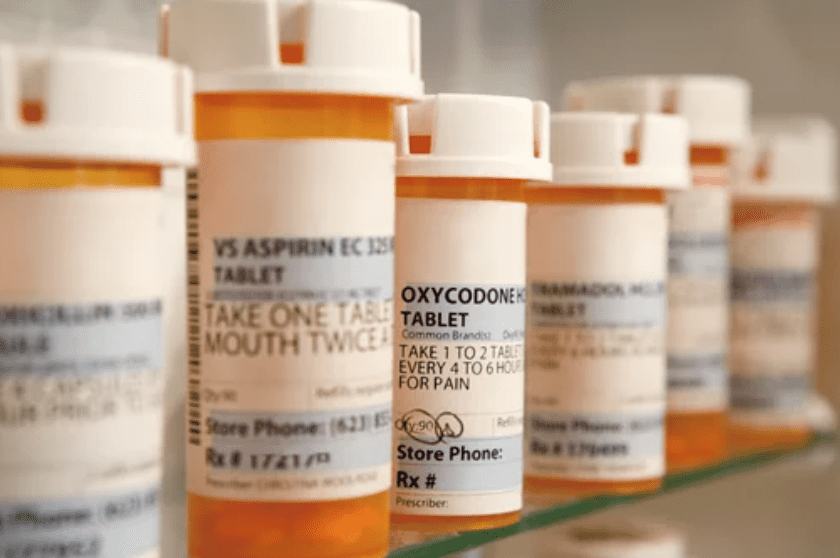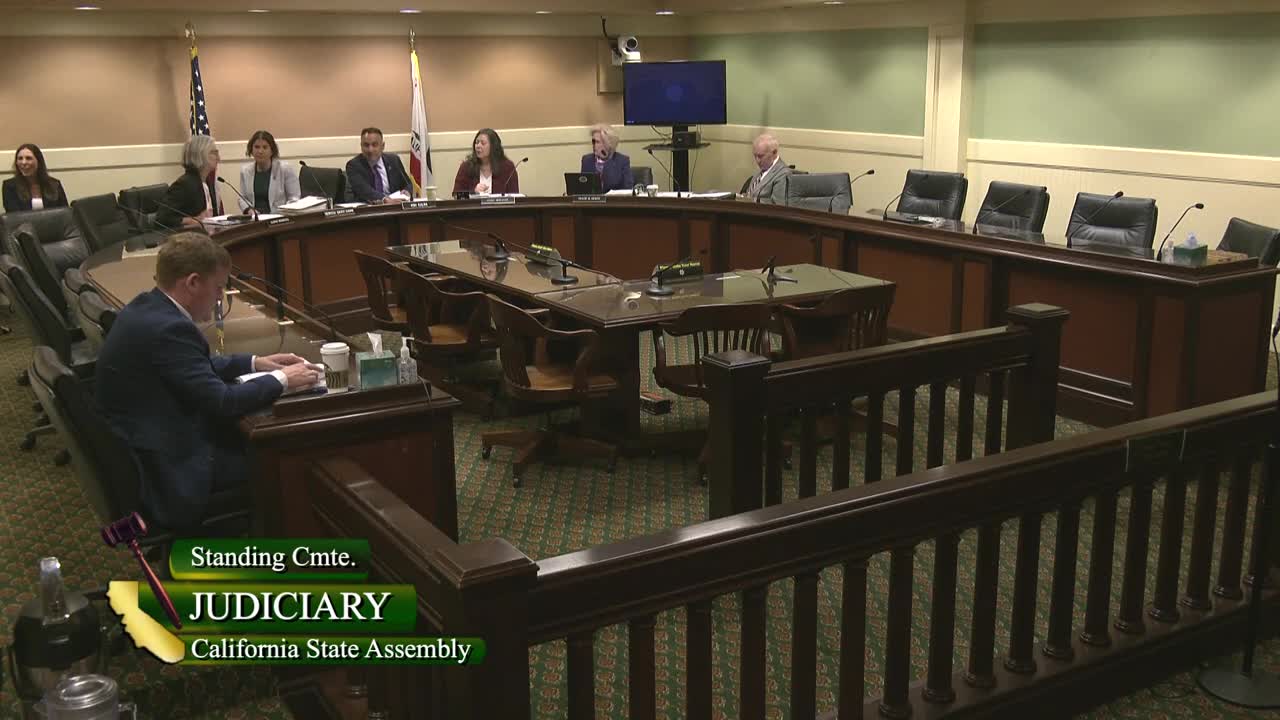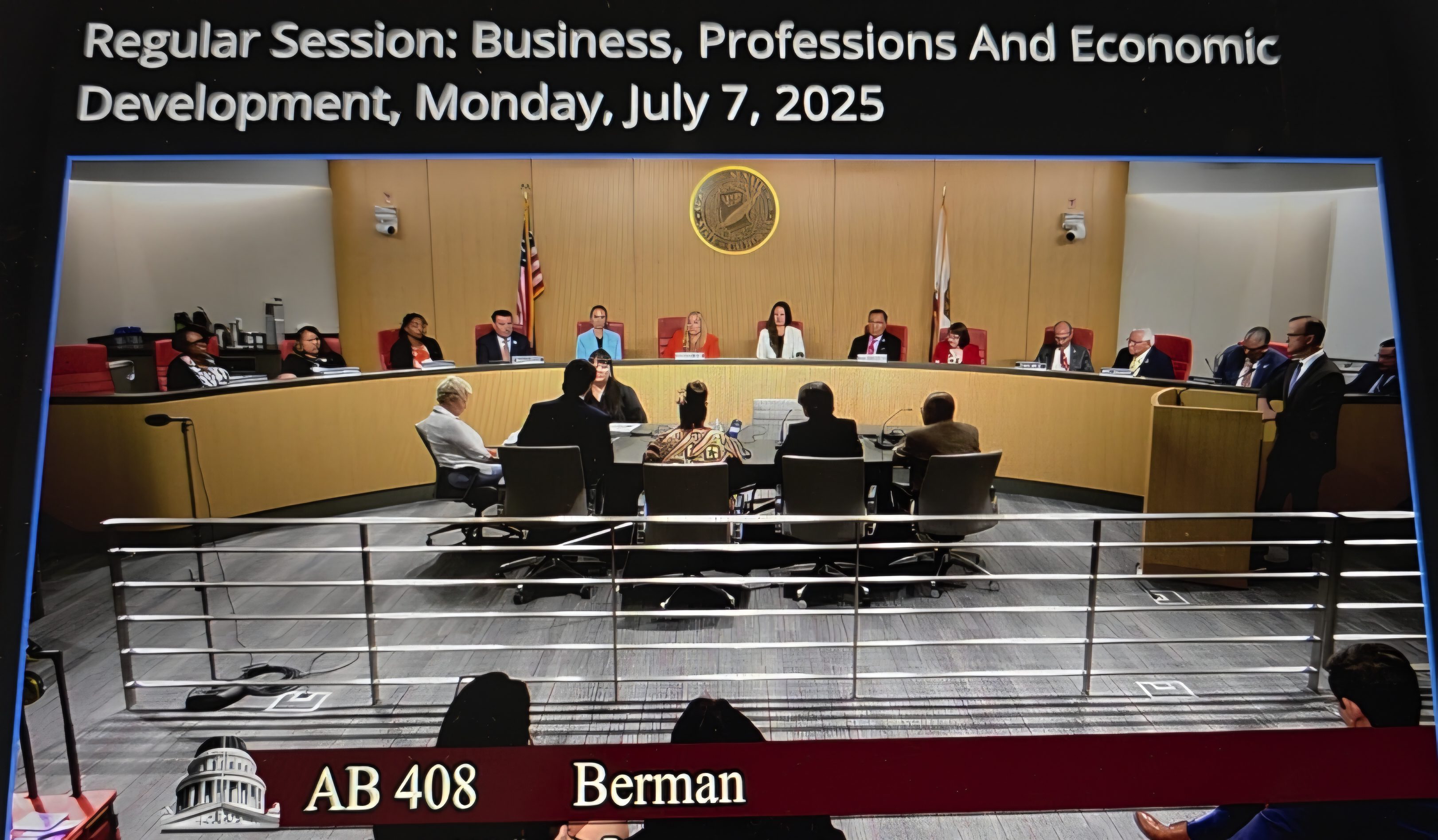By Victoria Colliver, POLITICO PRO
November 19, 2021
OAKLAND – California voters are beginning to feel trapped in the electoral version of Groundhog Day. For the third straight election cycle, they are being asked to make complex decisions about kidney dialysis.
The last two dialysis initiatives failed resoundingly. But for the union behind the bids, victory at the ballot box may not be the point.
Dave Regan, the heavyweight leader of the 97,000-strong SEIU United Healthcare Workers West, makes no secret that he would like SEIU-UHW to represent the kidney dialysis workers at the companies that own the bulk of the state’s clinics, DaVita and Fresenius Medical Care. But Regan bristled at the suggestion that the close succession of measures, which have cost the companies $216 million and counting, are an organizing tactic to bring the industry to its knees — and to the table.
“We obviously are a health care union. Would we like to represent dialysis workers? Sure. Is that why we’re doing this? No,” he said in an interview this month.
The tough-talking union boss has taken SEIU-UHW’s issues to the voters many times since he became its president in 2011, floating state and local ballot initiatives on everything from minimum wage to hospital executive compensation. His hard-driving reputation has ventured into reports of physical aggression. Regan was accused of shoving Assemblymember Richard Bloom (D-Santa Monica) in 2018 and of assaulting a process server two years earlier . Bloom declined to comment for this story and Regan didn’t respond to a follow-up inquiry about it.
Regan says the union’s motivation for returning to the ballot box for dialysis is “very simple.”
“We think the dialysis industry is a deeply flawed industry that is in huge need of reform. I fully expect the industry, once again, to spend enormous amounts of money to oppose positive and reasonable reforms. That’s who they are.”
Kidney dialysis is big business. The state’s 600 clinics serve about 80,000 patients a month, and they employ thousands of workers. The road to organization is challenging with corporate-run clinics scattered throughout the state, each employing fewer than 30 workers at each site.
Germany’s Fresenius earned more than $1.3 billion worldwide last year, and Denver-based DaVita made about $774 million. Both companies noted the high mortality toll that the Covid-19 pandemic took on their vulnerable patient population.
Labor leader Sal Rosselli, head of the National Union of Healthcare Workers, has criticized Regan’s approach as heavy-handed. He said workers come to a union asking for representation, not the other way around. “From our point of view, it’s wasting millions of millions of taxpayers’ dollars or workers’ money,” Rosselli said in an interview.
Rosselli is not a neutral observer; he and Regan are rivals. The former head of SEIU-UHW was ousted in 2009, and then formed a separate union to go after the same workforce.
In 2015, Regan invested union money to start a national group, The Fairness Project, to work with state partners around the country on ballot initiatives affecting health care workers and patients. The organization has helped win state initiatives to expand Medicaid and raise minimum wages, but its success with the dialysis industry has remained elusive.
Rebecca Givan, a professor of labor studies at employment relations at Rutgers University, says these ballot measures can hurt the industry, even if they aren’t successful at the ballot box. She said it isn’t a good look for DaVita and Fresenius, which are largely funded by Medicare dollars, to keep “spending their massive profits out of taxpayer money on political fights.”
Jamie Court, president of the nonprofit Consumer Watchdog, doesn’t agree with Regan’s approach, which he likened to “using public policy as a gun.”
“He doesn’t need to win to win, “ Court said, “and that’s the abuse of the initiative process.”
Other say these measures are raising some important issues about the dialysis industry — concerns that could easily be drowned out.
“Companies with deep pockets and who have an outsize economic interest in the ballot initiative can so flood the airways as to make it impossible to get through the din,” said Ken Jacobs, chair of the University of California, Berkeley Center for Labor Research and Education.
The companies have blanketed the airwaves with ads featuring worried dialysis patients who warn the initiative would force clinics to close, jeopardizing their lives. The union, meanwhile, barely campaigned at all in 2020. It barely broke the $9 million mark, spending little more than what it cost to collect the signatures.
“If their goal is merely to attempt to bleed out their opponent, this is certainly a strategy that makes a certain degree of sense,” Brian Brokaw, a veteran Democratic strategist who has not been involved in the dialysis campaigns, said of the union. “I don’t know if it’s a strategy to actually achieve electoral victory.”
Regan insists SEIU-UHW wants to get the measure passed, but that it simply doesn’t have the cash.
This latest ballot initiative would require an experienced provider to be on site at all times during treatment. But unlike the 2020 version, which would have required a physician to be present, it would offer more leeway, allowing physician assistants or nurse practitioners.
The proposal also would require clinics to disclose to their patients if any doctors have an ownership interest of at least 5 percent and would mandate reporting of dialysis-related infections to the state. DaVita and Fresenius have already dropped $400,000 to defeat the new initiative if it qualifies.
The industry, for its part, appears to think it’s worth the investment to keep shelling out the money to defeat these propositions. So far, it’s worked, and attempts to propose similar measures in states like Arizona and Ohio haven’t taken flight.
“There’s no justification for these ballot measures every two years,” said Kathy Fairbanks, who has served as the spokesperson on the “no” side of these initiatives for the last two rounds and is gearing up for the third.
Fairbanks admits that on its face, the idea of beefing up medical personnel at the sites, requiring infections reporting and prohibiting discrimination based on insurance status sounds good. But she argues that those provisions are costly, redundant or trying to solve a problem the industry doesn’t think exists.
“You have to spend a lot of money to overcome that,” she said.
Regan said he’ll continue to push for industry reforms — and he didn’t rule out a fourth attempt in 2024, if the next one fails. “It’s going to happen in 2022 …” he said, “but we’ll deal with 2024 when we get there.”








